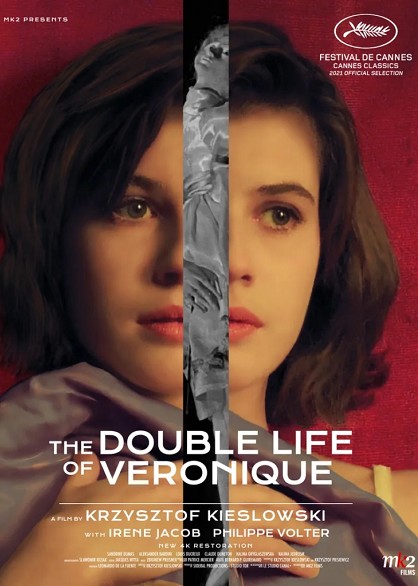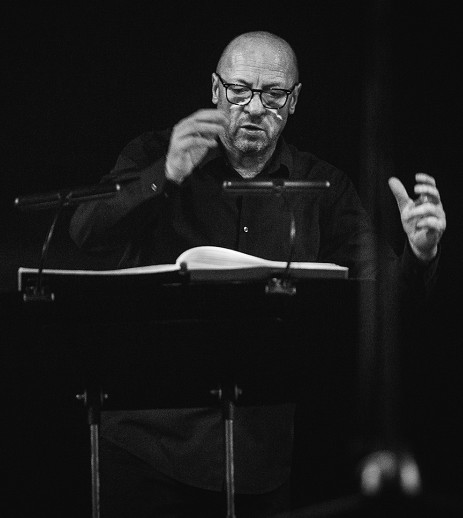
Watch trailer
Discussing the film afterwards - with host Gareth Evans - will be Preisner himself, on-screen live from Greece, with interpretation in person by the composer's own interpreter of choice, Barbara Howard.
While it is clearly evident that a fine soundtrack can redeem a terrible film from complete oblivion and lift a mediocre one to a higher rung, certain scores operate altogether differently. A great composer for the cinema not only produces music of the highest calibre; their work becomes indivisible from our experience and understanding of the film. Their music and songs inform, affect and even direct the course of the narrative and the lives of the characters. Polish composer Zbigniew Preisner is one such artist. Celebrating his 70th birthday this 20th May, Preisner has scored numerous films - by directors including Agniezka Holland, Louis Malle and Thomas Vinterberg - for more than 40 years. But it is his enduring creative relationship with the late, great Krzysztof Kieślowski that has marked him out as one of the medium's greatest. From No End to the Three Colours Trilogy, Preisner's music has crafted an unforgettable atmosphere of startling beauty, profound melancholy and compelling ambiguity. In 1991's The Double Life of Véronique, the role of Preisner's music goes further, playing a key part in the film's storyline and the protagonist's psychology.
A haunting tale of love, loss and intangible association across time and place, it weaves the stories of two young women - doubles perhaps - whose lives interweave in ways that cannot be easily defined. Hal Hinson, writing for The Washington Post, observed that "the film takes us completely into its world, and in doing so, it leaves us with the impression that our own world, once we return to it, is far richer and (more) portentous than we had imagined." That said, The less one knows in advance about this stunning work of art - immaculately filmed by Sławomir Idziak - the better, suffice to say that it launched the career of its luminous leading actor Irène Jacob, who won the Best Actress Award at Cannes in 1991 for her performance.
With thanks to Eliza Dziedzic.

Cast:
Irène Jacob, Philippe Volter, Sandrine Dumas